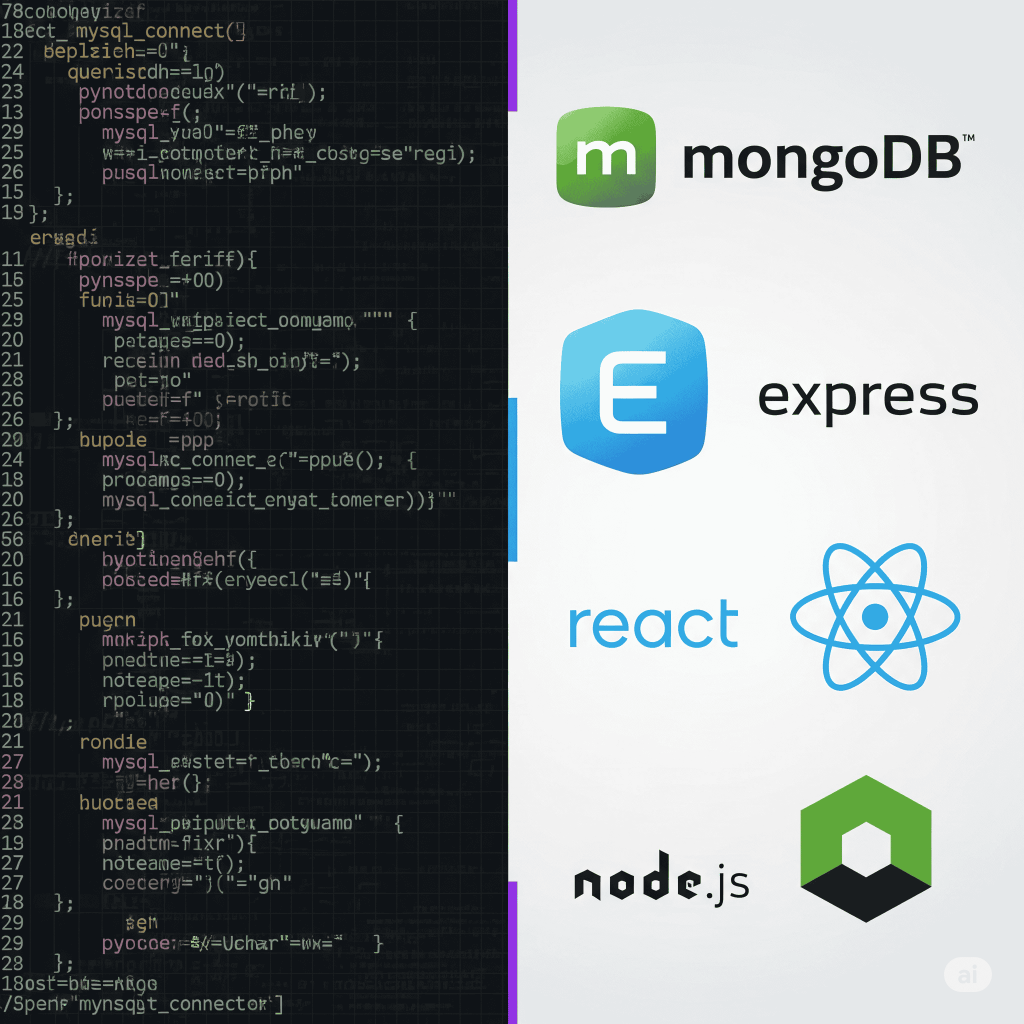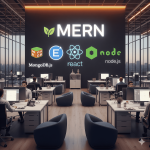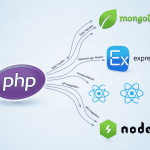Many businesses still run on legacy PHP applications, but they often struggle with scalability, performance, and security limitations. Migrating to the MERN stack (MongoDB, Express.js, React, Node.js) is a powerful way to modernize applications and prepare them for the future.
In this guide, we’ll explain why migration makes sense, the step-by-step process, and best practices for ensuring a smooth transition.
🔎 Why Consider Migrating from PHP to MERN?
1. Performance Gains
- PHP often struggles with real-time applications.
- Node.js provides event-driven, non-blocking architecture → faster apps.
2. Single-Language Ecosystem (JavaScript)
- MERN uses JavaScript across backend & frontend, reducing complexity.
3. Scalability & Flexibility
- MongoDB allows flexible schemas.
- React makes frontend faster and interactive.
4. Modern User Experience
- React enables dynamic, single-page apps (SPA) with smooth navigation.
🛠️ Step-by-Step PHP to MERN Migration Process
Step 1: Analyze the Existing Application
- Identify features to keep, rebuild, or drop.
- Audit database structure and third-party dependencies.
Step 2: Database Migration
- Export existing MySQL data.
- Transform schema into MongoDB collections.
Step 3: API Development with Node.js & Express
- Replace PHP endpoints with REST APIs.
- Use JWT authentication for secure user management.
Step 4: Frontend Development with React
- Build modular React components.
- Implement state management (Context API / Redux).
Step 5: Integration & Testing
- Connect React frontend with Node.js backend.
- Test APIs, performance, and data flow thoroughly.
Step 6: Deployment
- Use Docker or cloud hosting (AWS, DigitalOcean, Vercel, Netlify).
- Implement CI/CD pipelines for automated deployment.
⚠️ Common Challenges During Migration
- Data migration errors → Use validation scripts.
- Feature gaps between PHP & MERN → Plan alternatives.
- SEO impact → Preserve old URLs with redirects.
- Team expertise → Ensure developers are skilled in Node.js & React.
✅ Best Practices for a Smooth Migration
- Start with a pilot project before full migration.
- Use version control (GitHub/GitLab).
- Maintain parallel systems until migration is stable.
- Conduct load testing & security audits before go-live.
📌 Real-World Example
One of our clients migrated a legacy e-commerce app from PHP to MERN.
Results:
- 50% faster load times
- Improved checkout experience with React
- Seamless API integrations with payment gateways
🔮 Future-Proofing with MERN
By migrating, businesses gain:
- Better performance
- Lower maintenance cost
- Modern user experience
- Long-term scalability
📝 Conclusion
Migrating from PHP to MERN may sound challenging, but the benefits outweigh the risks. With proper planning, structured migration steps, and testing, your business can move to a future-ready stack that supports growth.


